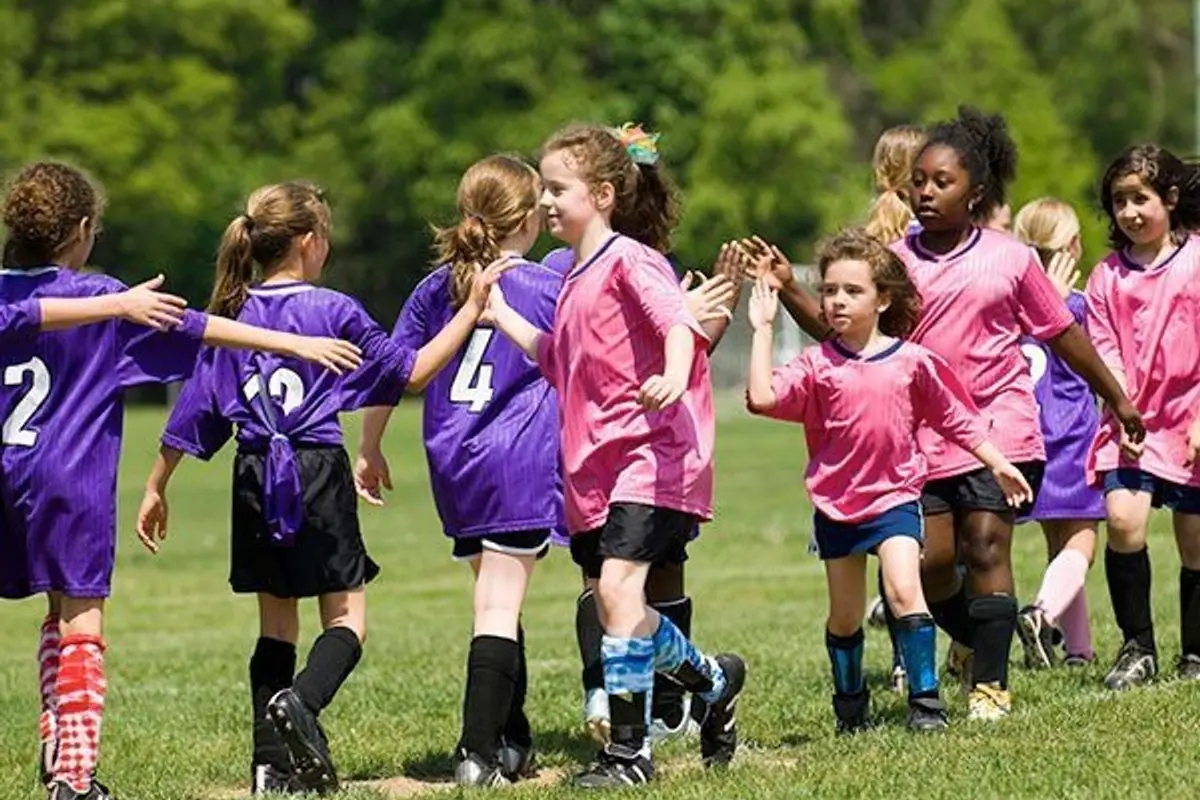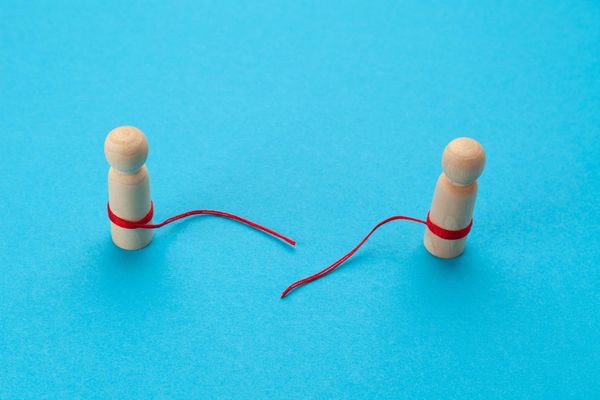If your child has ever participated in a sport like soccer or football, you've possibly seen parents behaving inappropriately and perhaps kids misbehaving, too.
Good sportsmanship is when teammates, opponents, coaches and officials treat each other respectfully. Kids learn about sportsmanship from the adults in their lives, mainly their parents and coaches. So when they see an adult doing something sportsmanlike, that can help them understand how to act in sports, whether they win or lose.
And if kids are good sports on the field, they'll likely respect and appreciate people in the classroom, social situations and other aspects of life.
Some kids find it hard to lose, but everyone needs to know how to do so. That's because someone will always lose when two teams or kids play one another, unless it's a tie. Losing can be disappointing and difficult. But, while being a good sport may be challenging for your child at first, over time it will get easier.
Here are some tips you can follow to help build sportsmanship in your kids.
Remember your role as a parent. Your demeanor and behavior during games and practices will speak volumes. That means you should speak encouraging and positive words, not directions, from the sidelines. Cheer good plays, no matter who makes them. Don't speak poorly of players, coaches or game officials. Be courteous to parents on the other team and congratulate them when their kids win.
Remember your role as a coach. Don't be harder on your child than everyone else and don't play favorites either. If you only care about winning and being in first place, kids will think they're only as good as their last play.
Don't dwell on the final score. Ask your child how he felt during the game. If she says she was weak at a skill, work on it together before the next game.
Start a congratulatory tradition. Have each child line up and walk past each other, high-fiving the other team's players as they say, "Good game." This can be hard after a tough loss. But it's a good way to teach everyone how to be a good sport.
Promote politeness. Kids shouldn't trash talk, saying mean words during a game to their teammates and opponents. And kids (and parents) shouldn't argue with an official if they disagree with a call. Wait until after the game to have the coach or official explain what happened.
Stop the excuses. Don't blame a teammate or official when there is a loss. Teach your child to learn from what happened.
Earn a good reputation. Kids who don't get upset when they lose will be likely viewed as fun to play with. No one wants to be on a team with someone who gets angry when he doesn't win.
Play the right way. That means kids should learn the rules of the game. Get to games and practices on time. Listen to coaches and follow their instructions. Sit out when told to do so for other members to get in the game. Play fair and don't cheat. And cheer for teammates even if it seems like a blowout loss (comebacks can happen!).
Look to the pros. Point out examples to your kids of good and poor sportsmanship in college and professional athletes. Discuss why someone did something positive or why an action bothered you.
Focus on fun. Tell your child about everything she's gaining by playing a team sport. New and improved skills. New friends and teammates. And new attitudes to help throughout life.







